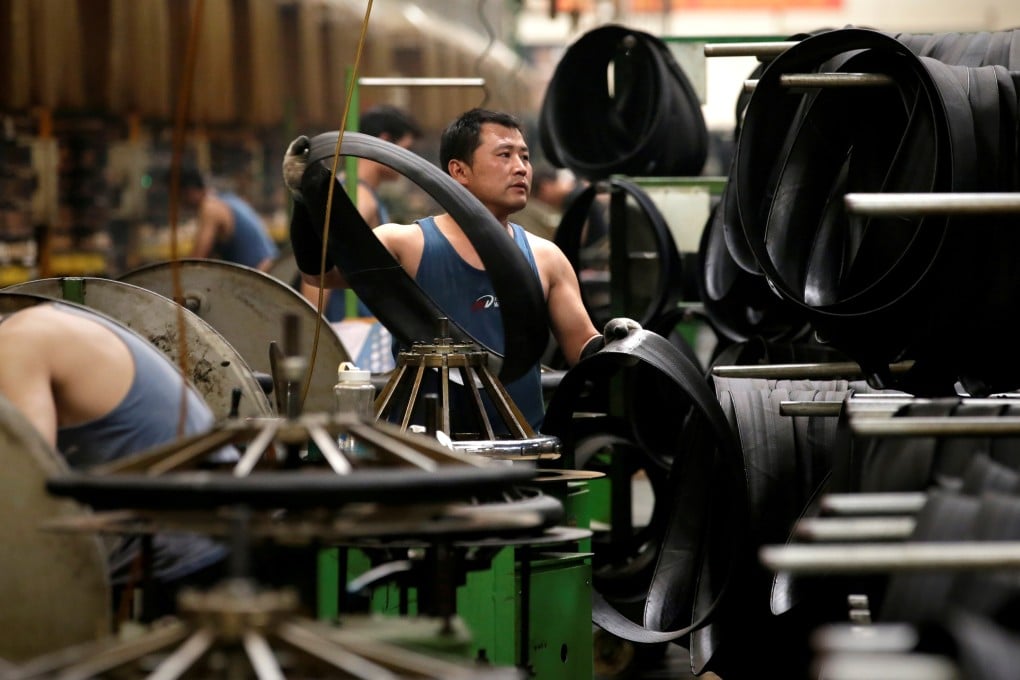China’s pork crisis sends consumer inflation rising to the brink of Beijing’s limit, highest level in six years
- September’s consumer price index rose to 3.0 per cent, largely due to soaring pork prices
- China’s producer price index, a measure of the prices manufacturers charge at the factory gate, also fell further into deflation at minus 1.2 per cent

China’s pork crisis sent prices spiralling to their highest reading since November 2013 as consumer inflation reached 3.0 per cent in September, according to official government data released on Tuesday.
The world’s most populous nation has been ravaged by an outbreak of African swine fever that added 1.65 percentage points to its consumer inflation last month.
The 3.0 per cent mark is the upper limit of Beijing’s consumer price index (CPI) target for 2019, placing more pressure on the government to source new supplies of pork, with African swine fever predicted to wipe out half the pig population by the end of 2019.

September’s producer price index (PPI), which was also released on Tuesday by the National Bureau of Statistics (NBS), sunk further to minus 1.2 per cent from a year earlier. This was again worse than August’s reading of minus 0.8 per cent but in line with analysts expectation for the price charged by manufacturers at the factory gates.